It's only been three weeks since OpenAI dropped its AI slop (sorry, AI video) app, Sora. A lot has happened in that time, but it means that it's about time for an initial batch of updates, including a new storyboarding feature and the ability to make longer videos, the company announced Thursday.
2 Sora 2 updates:
- Storyboards are now available on web to Pro users
- All users can now generate videos up to 15 seconds on app and web, Pro users up to 25 seconds on web pic.twitter.com/iINg7alWGL
Free Sora users on the iPhone app and web (which is the only way Android users can use Sora at the moment) will be able to make videos up to 15 seconds long. Pro users will get an extra 10 seconds when they create on the web, for a total of 25 seconds. Your Sora account is linked to your ChatGPT account, so if you pay for ChatGPT Pro, you're a paying Sora user. You can see all the payment plans for more info. This comes one day after Google announced it had upgraded its popular AI video model, Veo 3, to handle longer video generations.
Storyboarding will let Pro Sora users plan out videos on the web before generating them. (Free users don't have access as of now.) Storyboarding has long been a part of the professional filmmaking process, and it's occasionally included in more professional software programs. Google's AI filmmaking program Flow allows for storyboarding, for example. But this is an interesting and somewhat unexpected addition to Sora.
Read More: Here's the Quickest Way to Get a Special Code for the Viral Sora 2 App
Sora's only been around a short time, but the vibe on the app is focused on shorter, funny videos, echoing OpenAI's claim that the app is designed to help people connect with their friends. So professional-grade videos -- that are longer and more well-planned -- aren't very common. These updates will likely change that. It could be a sign that OpenAI is hoping to draw in the professional creators it has previously alienated. Storyboarding, longer run times and higher resolutions are all things that professional creators would need, and OpenAI seems to be tackling them quickly. But OpenAI has a rocky past with professional creators.
Before Sora launched, OpenAI reportedly approached talent agencies and other firms like gaming and streaming companies and said they would need to opt out of having their intellectual property accessible via Sora. Meaning if Nintendo didn't want Sora users to be able to make AI videos of Pikachu, it needed to tell OpenAI that. That's not how copyright law works, and OpenAI changed its policies a few days after Sora's launch and added more controls over how your likeness can be used. It was just the latest episode in an ongoing battle between AI companies and creators.
Don't miss any of our unbiased tech content and lab-based reviews. Add CNET as a preferred Google source.
Sora might be reminiscent of TikTok or Instagram Reels, but it's unlike any other app. Nothing you see on Sora is real; every video is AI-generated. While it may seem like your Facebook and Instagram feed is all AI anyway, Sora is truly an AI-only social app. I felt like I was in an AI deepfake fever dream while scrolling Sora. Its scarily realistic videos are hard to distinguish from reality. That's made all the more worrisome with Sora's chief feature, cameo, which lets you use other people's likenesses to create nearly any kind of AI video.
(Disclosure: Ziff Davis, CNET's parent company, in April filed a lawsuit against OpenAI, alleging it infringed Ziff Davis copyrights in training and operating its AI systems.)

 4 hours ago
1
4 hours ago
1
.jpeg)
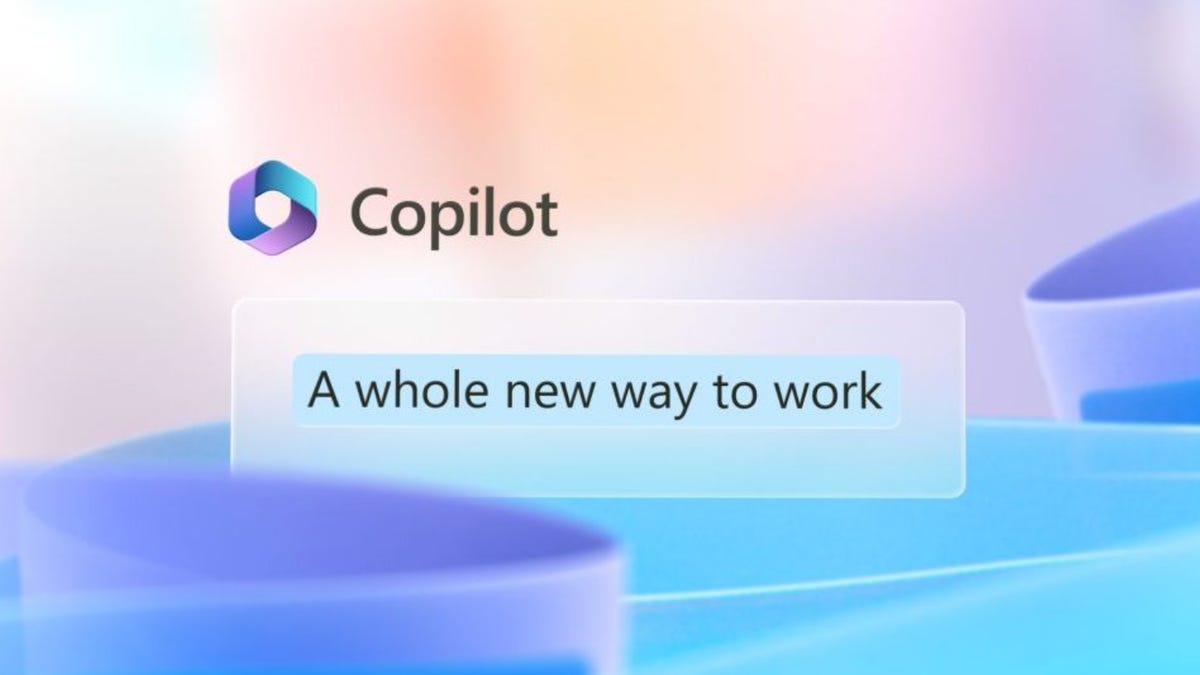






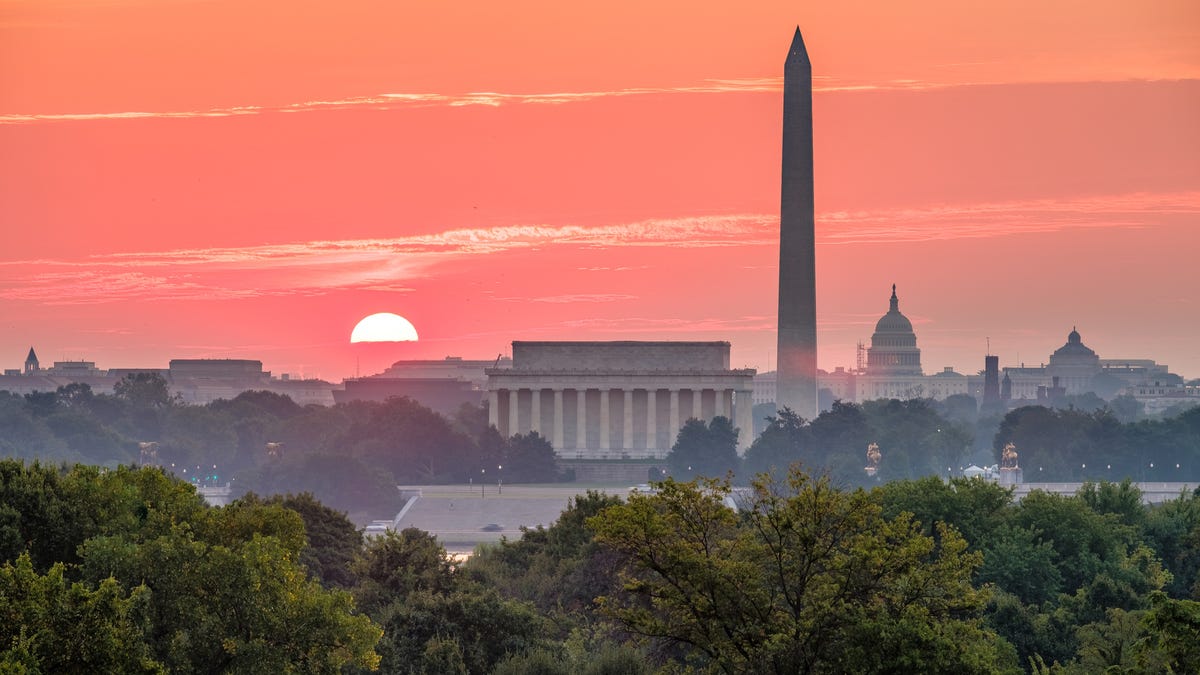




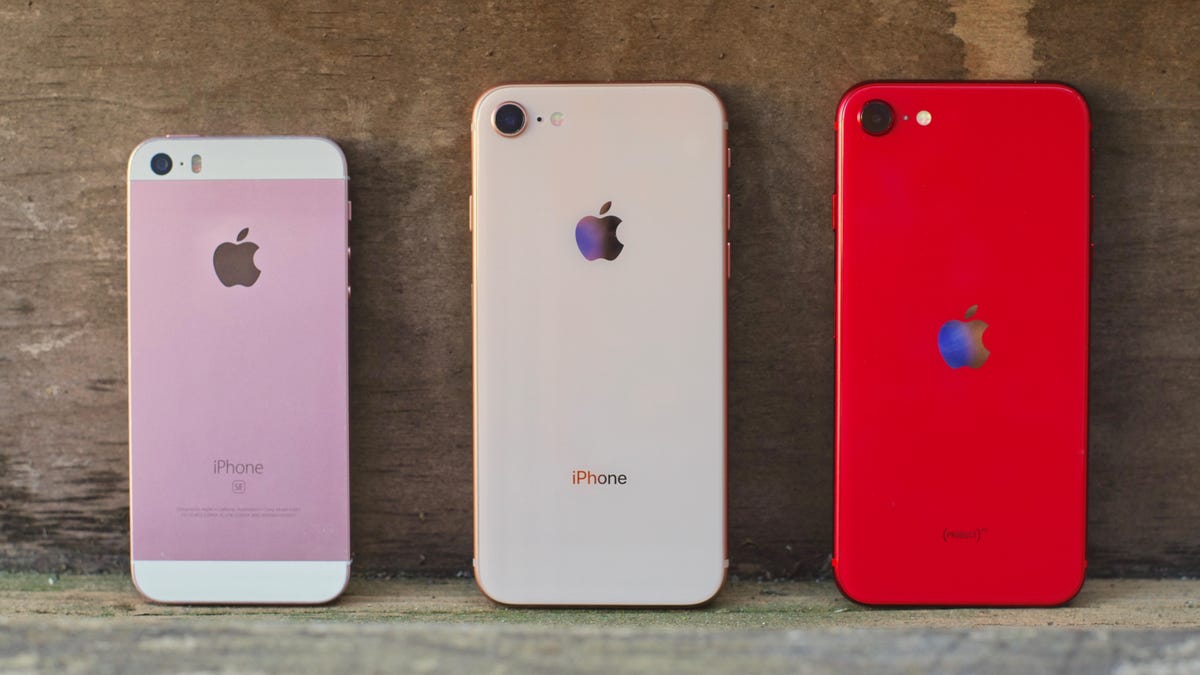
















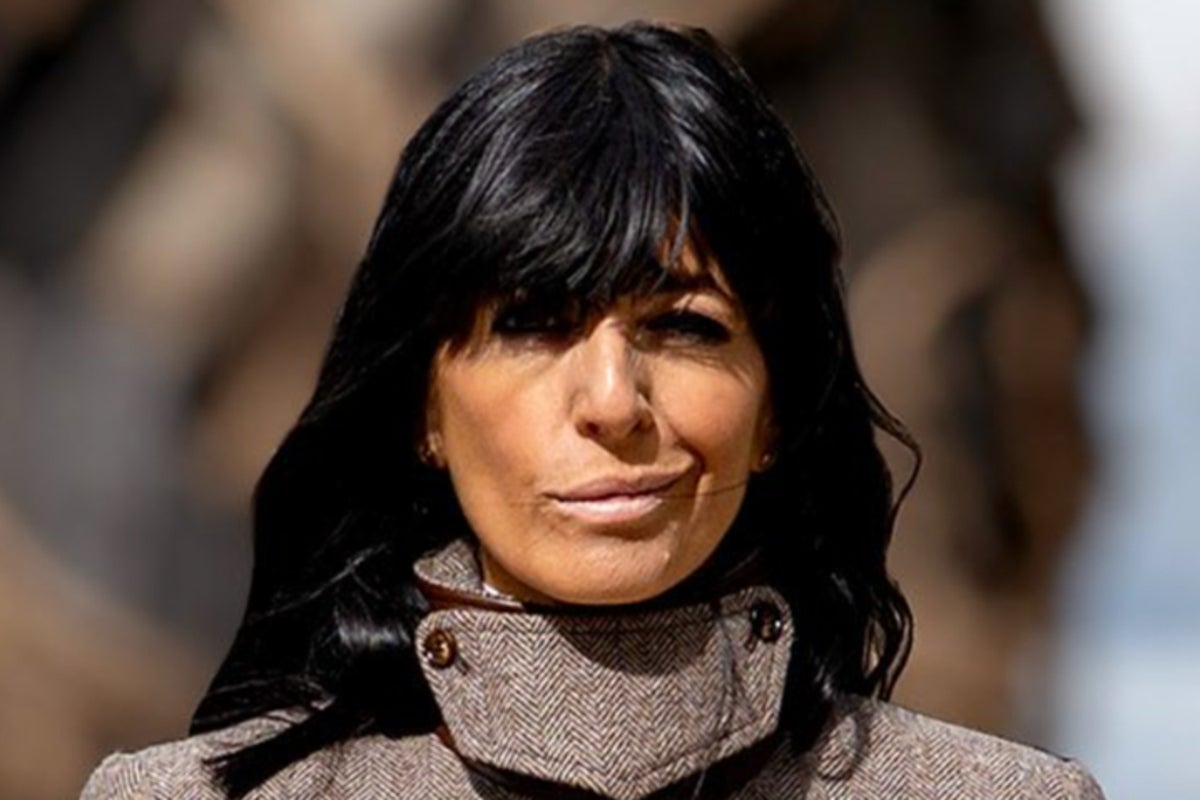

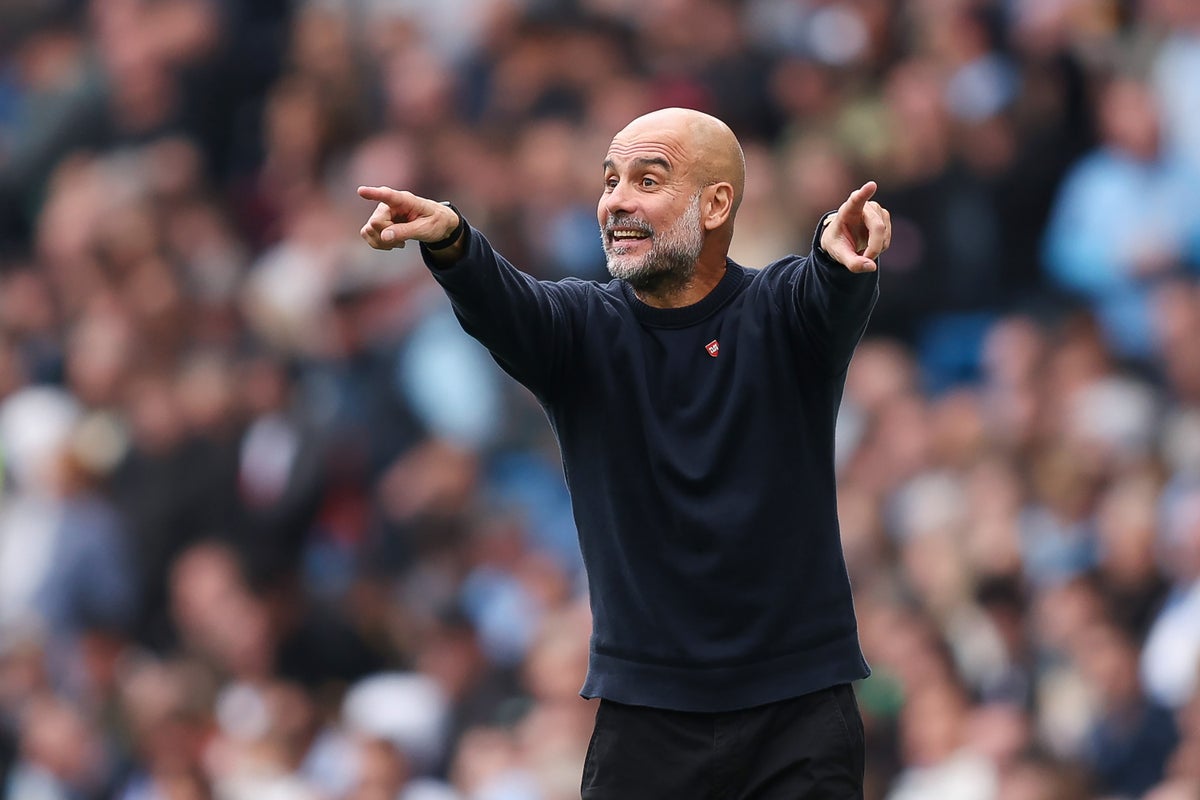
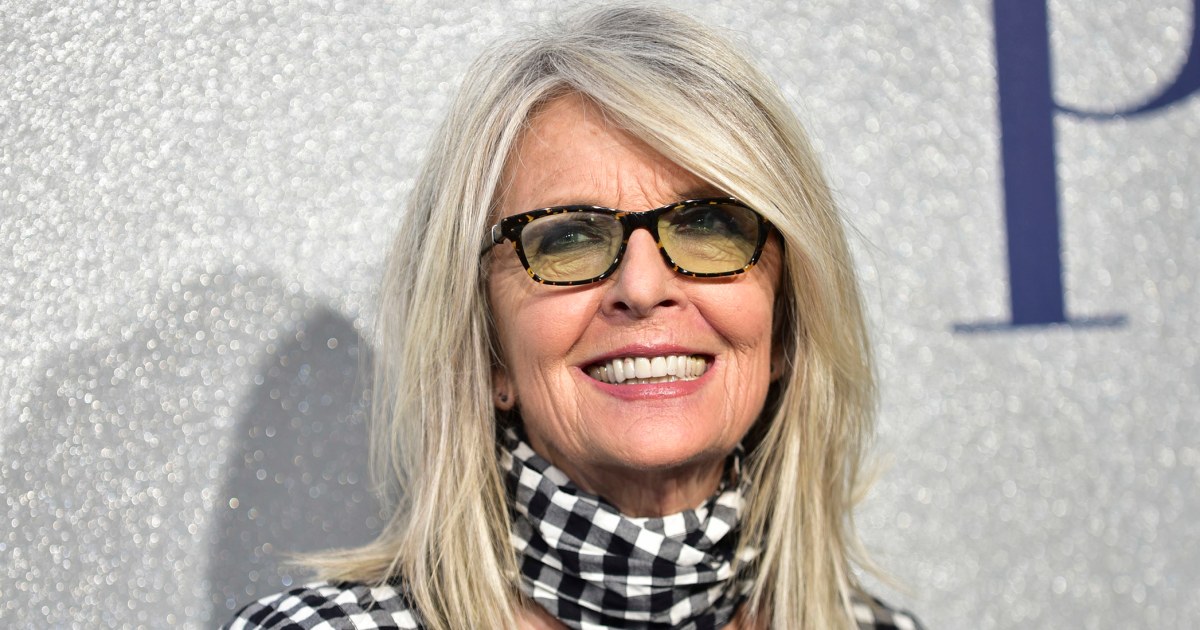
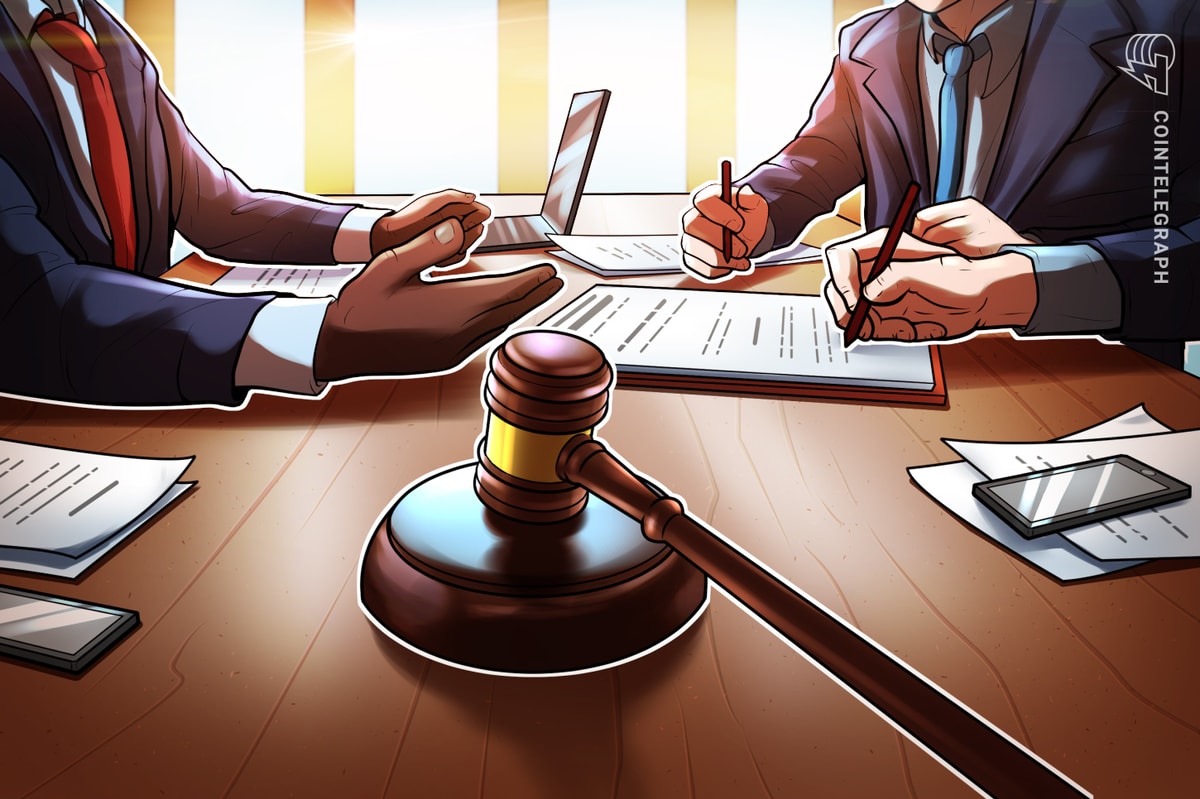
 English (US) ·
English (US) ·